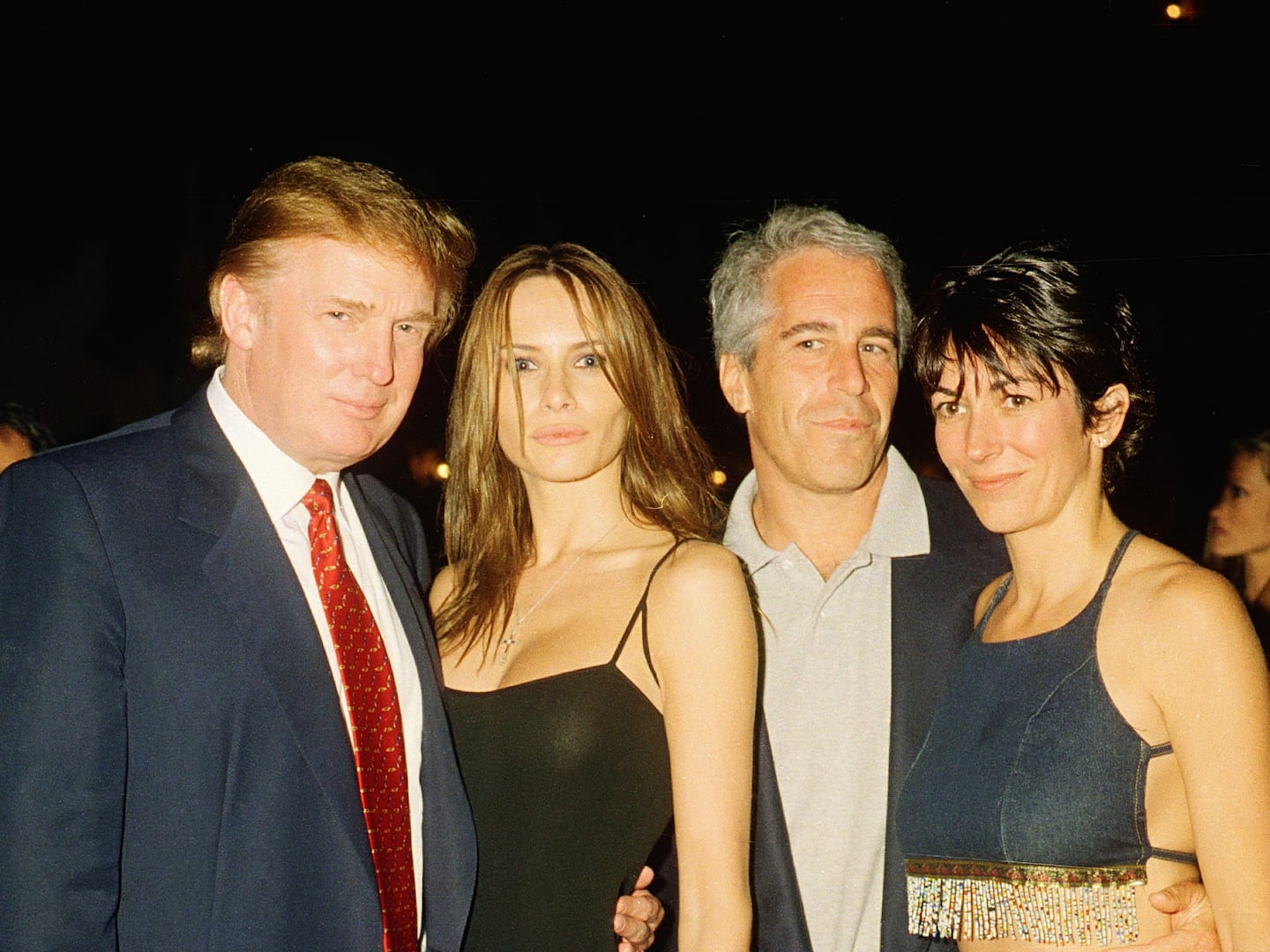Jill Lepore

There can’t be one book; there must be a library; that has got to be the lesson. But, for a start, to ponder the shape and rhythm and meaning of life: Ralph Ellison’s Invisible Man together with Charles Dickens’s Great Expectations.
—Jill Lepore is the David Woods Kemper ’41 Professor of American History at Harvard University. The Mansion of Happiness is out in paperback.
Teju Cole
Mythologies, by Roland Barthes. This little book is valuable not only for Barthes’s lucid writing and rich sense of irony, but also because, more than ever, we need the kind of interpretive skills he demonstrates. All young people, college educated or not, should be able to interpret their society in a skeptical way, and see through the myths of the media-saturated environment.
—Teju Cole is the author of Open City.
Amanda Foreman
The one book everyone should read before leaving college is Ulysses by James Joyce. It is without doubt the seminal novel of the 20th century. But Ulysses makes such intense demands on the reader—and requires such a deep engagement with the history of English literature—that if you don’t read it in college as part of a fiction course then the chances are you won’t—and even if you were to, you wouldn’t understand half the allusions.
—Amanda Foreman is a historian whose A World on Fire was a finalist for the National Book Critics Circle Award.
Alice Waters
The Man Who Planted Trees, by Jean Giono. Such a hopeful vision about everybody doing his or her part. It teaches students who are going out into the world how to make the right decisions about what they eat and how they live.
—Alice Waters is an influential chef and food activist. Her new book, The Art of Simple Food II: Recipes, Flavor, and Inspiration From the New Kitchen Garden, will be published in October.
Nicholas Lemann
Family Happiness by Leo Tolstoy. War and Peace is asking too much; Family Happiness, a novella published in 1859 that takes about two hours to read, is a bite-sized substitute. It uncannily captures inside a very small frame how it feels to fall in love, and then how it feels to go from being in love to something lesser that still isn’t exactly out of love. As such it makes for an excellent short introduction to the capability and power of literary art, and to the vexedness of being human.
—Nicholas Lemann is Dean and Henry R. Luce Professor at the Columbia Graduate School of Journalism. The Promised Land won the Los Angeles Times Book Prize.
Junot Díaz

All college students should have to read a couple hundred books before they graduate, but since we’re not funding undergraduates like that (who has money for schools once you’re done giving oil companies their subsidies?) I recommend Toni Morrison’s Beloved, a book that stabs straight at the heart of the American experience. Yes, it’s a novel about slavery, whose nightmare legacy continues to haunt our country as surely as it haunts the novel’s characters. Beloved is also about a woman slaughtering her children rather than having them sent back into slavery. Beloved is also about creating a self after you and your world have nearly been destroyed. No question: Beloved is a tough book but there’s really no understanding the United States without it.
—Junot Díaz is Nancy Allen professor at MIT. He won the Pulitzer Prize in 2008 for The Brief Wondrous Life of Oscar Wao. His short-story collection This Is How You Lose Her was a finalist for the National Book Award.
Cornel West

Adventures of Ideas by Alfred North Whitehead. They don’t want to graduate until they read that book. And if they do graduate, read it the next day!
—Cornel West is Class of 1943 University Professor at Princeton. The Rich and the Rest of Us, written with Tavis Smiley, was published last year.
Jennifer Egan
The Image by Daniel J. Boorstin In 1961, before the Vietnam War was close to being televised, Boorstin identified the basic laws and contours of image culture—among them, a longing for authenticity that naturally results from increased mediation of human experience. His observations hold eerily true even in the era of Facebook and YouTube.
—Jennifer Egan won the Pulitzer Prize in 2011 for the novel A Visit From the Goon Squad.
Andrew Sullivan
Pascal’s Pensees. They’re episodic, cryptic, elegant, and sometimes as brief as tweets. But Pascal was one of the greatest mathematicians of all time and his defense of Christianity would help remind today’s students that having a mind and following Jesus is not a contradiction.
—Andrew Sullivan is editor of The Dish and the author of The Conservative Soul.
Joyce Carol Oates
Not one book but the great tragedies of Shakespeare—the most profound and beautiful of literary works and abidingly contemporary.
—Joyce Carol Oates is Roger S. Berlind Professor of Humanities and the Arts at Princeton University. Her latest book is The Accursed.
Robert K. Massie
The Odyssey, Homer’s epic poem, written almost 3,000 years ago, was the beginning of, and has exercised an enormous influence on, all Western literature. For students today, it offers high drama, unforgettable characters, and easily recognizable, and very contemporary emotions, ambitions, and plot resolutions. I can think of no other single book from which one can learn as much.
—Robert K. Massie is a historian. He won the Pulitzer Prize for Peter the Great: His Life and World.
Lee Bollinger
Montaigne’s Essays. Why? Because they teach you how to learn, how to observe the peculiarities of life, how to be a good friend, how to know and be honest about yourself—and how to spend the last years of your life once you have done your part to make the world a slightly better place.
—Lee Bollinger is the president of Columbia University.
Francine Prose
Every college student should read Randall Jarrell’s Pictures From an Institution, the funniest college novel ever. The book is written from the perspective of a highly disaffected instructor, and it’s an education in itself to see the world from the point of view of another person, merrily slicing away at that world with the glittering scalpel of his humor.
—Francine Prose is the president of PEN American Center. Her novel Blue Angel was a finalist for the National Book Award.
Stephen Greenblatt
Hamlet. If you have never read—and grappled with—Hamlet, it is very difficult to understand modern culture: the intense sense of individuality and the fear that you are the pawn of political forces beyond your control; the feeling of empowerment and the intensity of despair; the wild blend of savage humor and melancholy.
—Stephen Greenblatt is John Cogan University Professor of the Humanities at Harvard. The Swerve won the Pulitzer Prize and the National Book Award.
Francine du Plessix Gray
Tolstoy’s War and Peace. Because it offers a panoramic view of Western Europe at a pivotal moment in its history—the Napoleonic wars; because it portrays the character changes of its entrancing protagonists—Pierre’s transformation from maverick playboy to soulful thinker, Natasha’s transfiguration from giddy debutante to dedicated earth mother—more vividly than any other novel I can think of; because its grandeur and vitality are such that even upon a fourth rereading I can’t put it down, and am at a loss to think of any fiction that would be tolerable in comparison.
—Francine du Plessix Gray’s latest of many books, The Queen’s Lover, about Marie Antoinette and the love of her life, the Swedish nobleman and diplomat Count von Fersen, is out in paperback.
Tom Wolfe

Max Weber’s Economy and Society. In 1998, the International Sociological Association named Economy and Society the most important work of sociology of the 20th century. Now, there’s a piece of timid praise for you!—since with that book Weber supplanted Darwin as the greatest theorist of the modern age. Darwin’s theory of Evolution fit only dumb animals comfortably. When it comes to the creature who speaks—namely, man—we must look to Weber’s far grander theory of Status.
—Tom Wolfe, author of The Right Stuff and The Bonfire of the Vanities, published his latest novel, Back to Blood, last year.





